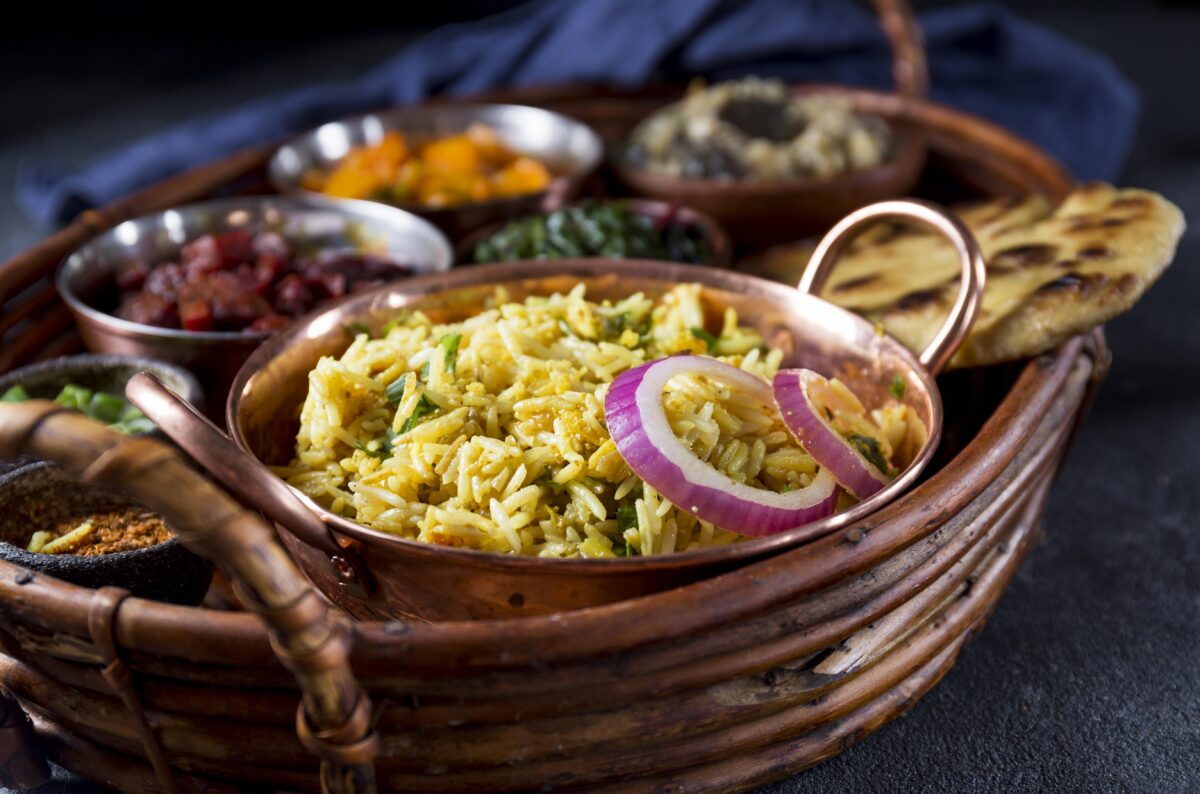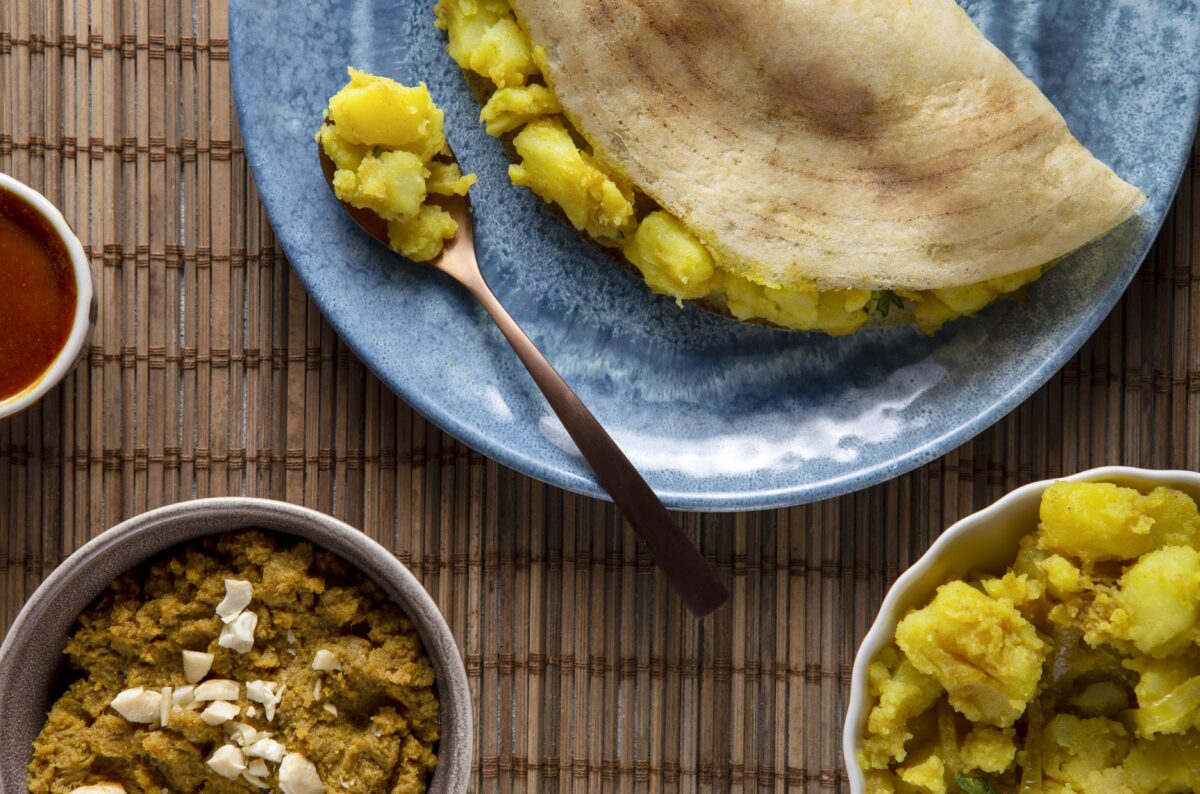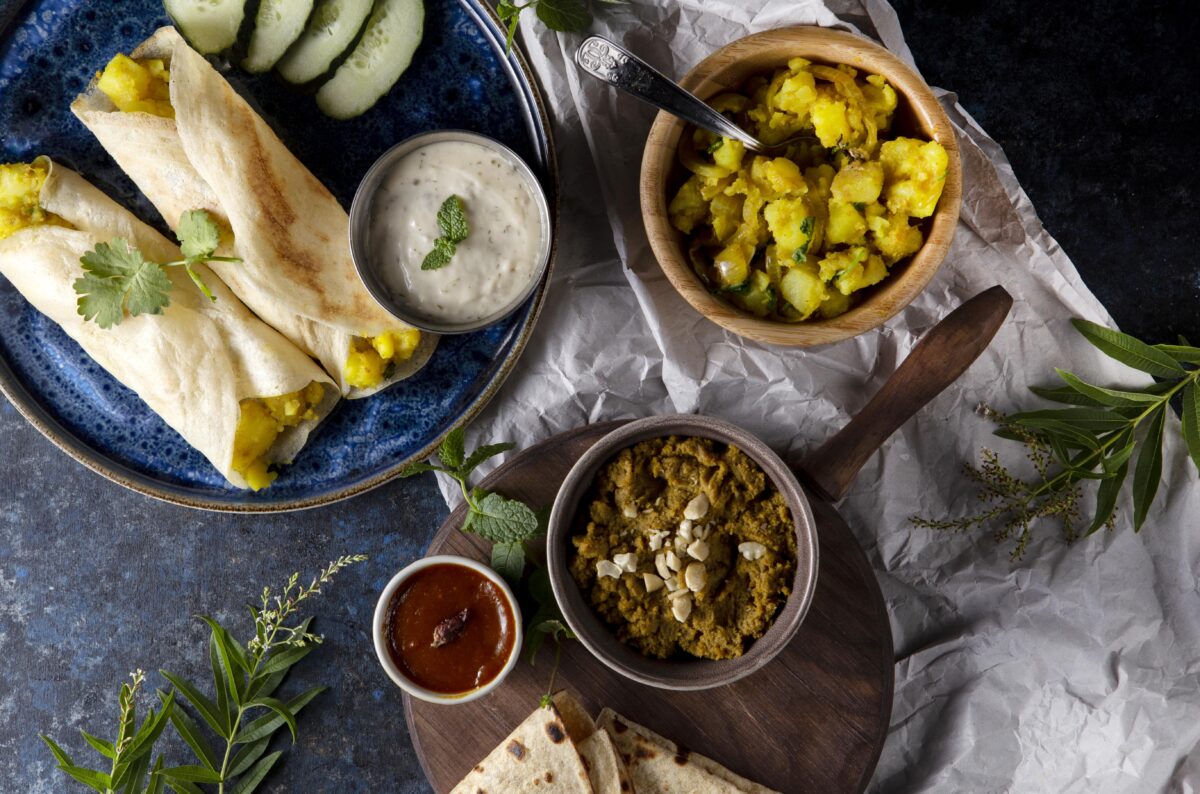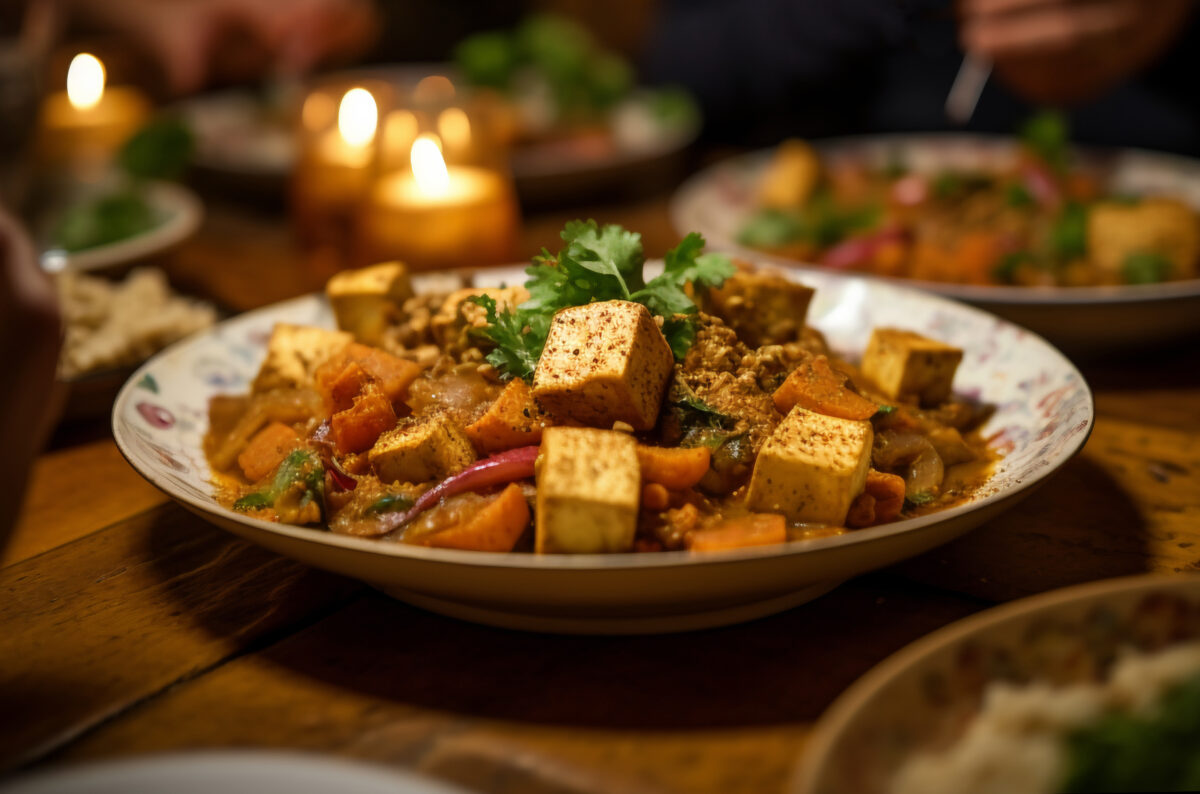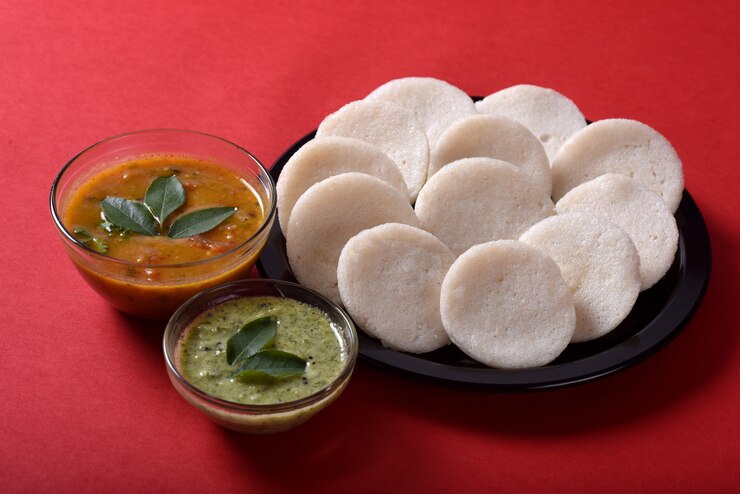
- June 26, 2025
How to Start Idli Business in India: A Complete Guide for Food Entrepreneurs in 2025
How to start idli business in India? If you’re looking for a low-investment, high-demand food venture, this is the perfect time to dive in. Idlis are no longer just breakfast — they’ve become a daily essential for millions of Indians. With more people choosing light, nutritious, and fast meals, idli has found its place in street stalls, food trucks, and cloud kitchens alike.
This complete guide will teach you how to start idli business from scratch, covering everything from choosing your business model to sourcing equipment, acquiring licenses, and increasing profits. You’ll also learn about modern ideas like idli batter business ideas, idli food truck startup plans, and how to scale with a solid idli dosa tiffin center plan. Whether you’re a solo entrepreneur or someone ready to partner with a franchise, this roadmap is your starting point.
Understanding the Idli Business Landscape in India
Before learning how to start idli business, it’s important to understand the market’s growth and potential. Over the past decade, Indian food culture has embraced healthier, simpler meals, and idlis are right at the center of this movement.
Why is the idli business thriving?
- Consumers are shifting toward healthy and low-oil food options.
- Idli is affordable, easy to digest, and popular across age groups.
- Office-goers and students need quick, nutritious meals.
- Ready-to-cook mixes and batter brands have simplified operations.
- Urban demand for South Indian breakfast dishes is at an all-time high.
Whether it’s a home tiffin service, a modern café, or an idli food truck startup, the potential is massive. If you’re exploring idli batter business ideas, there’s also scope to serve restaurants, caterers, and home chefs with ready-to-use batter.
Choosing the Right Business Model
Your first big decision when exploring how to start idli business is selecting a model that fits your budget, goals, and location.
Here are the major options:
- Street Stall: Low investment, basic setup, perfect for high-footfall locations like railway stations, colleges, or local markets.
- Home-Based Tiffin Center: Ideal if you’re starting from your own kitchen. Make use of your cooking skills and build around a solid idli dosa tiffin center plan.
- Idli Food Truck Startup: Offers mobility and visibility. You can serve corporate areas, tech parks, or busy city centers with a well-equipped truck.
- Cloud Kitchen: No dine-in costs. Partner with delivery platforms to serve idli-dosa combos in your local area.
- Franchise Outlet: For those looking for a ready-made system and branding, investing in an idli franchise opportunity ensures faster setup and customer trust.
Each of these models can work — it depends on how you want to position yourself. If you’re still unsure about how to start idli business, think small but plan to scale.
Step-by-Step Guide on How to Start Idli Business
To build a successful business, you need a clear roadmap. Here’s how to start idli business in a step-by-step format:
1. Market Research
- Understand local eating habits: Are idli and dosa already popular?
- Check out the competition and analyze their pricing, quality, and crowd.
- Consider timing: Early mornings and evenings are peak idli hours.
2. Develop a Smart Menu
Your menu should reflect both tradition and innovation.
- Must-have items: Idli, dosa, vada, pongal, sambar, coconut chutney, tomato chutney.
- Stand out with: Ragi idli, cheese dosa, masala idli, and chutney samplers.
- Look into value combos for takeaway and delivery customers.
A diverse menu also helps when building a cloud kitchen or idli dosa tiffin center plan. A diverse menu also helps when building a cloud kitchen or tiffin center model. Refer to the South Indian food menu list for inspiration.
3. Location and Setup
Choosing the right spot is key.
- High-traffic areas include: College campuses, tech parks, metro stations, and marketplaces.
- For idli food truck startup ideas, choose locations where parking and visibility are easy.
- Tiffin centers can operate from homes if local regulations permit.
4. Legal Compliance and Licensing
To legally operate your idli business:
- Get an FSSAI license (Food Safety and Standards Authority of India).
- Apply for a Trade License from the municipal corporation.
- Register under the Shops and Establishments Act.
- For larger setups, secure a Fire Department NOC.
These licenses are mandatory regardless of whether you’re starting a small stall or joining a veg restaurant franchise in India.
5. Equipment and Ingredients
Here’s what you’ll need:
- Wet grinder for batter preparation
- Steamers for idli
- Dosa tavas (large griddles)
- Chutney blenders or processors
- Gas stove and cylinders
- Serving utensils and packaging materials
Alternatively, using ready-to-make mixes from brands like Mealsumm can simplify things. This is especially useful if you’re exploring idli vs dosa batter differences.
6. Hiring and Staff Training
Staffing depends on your model.
- For stalls or trucks, 1–2 helpers can manage operations.
- For outlets or franchises, hire cooks, helpers, and a manager.
- Use SOPs (Standard Operating Procedures) to ensure consistency.
- Train staff in hygiene, speed, and customer service.
Even if you’re new to how to start idli business, a skilled team can make a big difference.
7. Branding and Marketing
- Design a professional logo and name.
- Launch with a “Grand Opening” offer like ₹1 idli for the first 100 customers.
- Distribute flyers locally and create business listings on Google.
- Register your outlet on Swiggy and Zomato for delivery.
- Promote on Instagram, WhatsApp, and Facebook with food photos and customer testimonials.
Your brand story matters — especially if you want to scale through a franchise opportunity or become a recognizable name.
Financial Planning and Profitability
A big part of knowing how to start idli business is understanding your financials.
Startup costs vary:
- Street stall: ₹50,000–₹1,00,000
- Idli food truck: ₹2,00,000–₹5,00,000
- Franchise outlet: ₹5,00,000–₹15,00,000+
Ongoing expenses:
- Raw materials like rice, urad dal, spices
- Staff wages
- Gas and utilities
- Packaging and cleaning supplies
- Marketing and online fees (Zomato/Swiggy)
Monthly profit margins typically range between 30% to 50% depending on efficiency and sales volume. By using idli batter business ideas and bulk procurement strategies, you can reduce cost and increase ROI.
Break-even can happen within 6–12 months depending on your daily sales.
Real-Life Inspirations
If you’re still wondering how to start idli business successfully, look at those who’ve already done it.
- Naadbramha Idli: A chef-less model using pre-set recipes to maintain quality across 100+ outlets.
- Mealsumm: A ready-mix brand for idli and dosa, helping food startups cut down cooking time.
- Restaurant.Store: A one-stop solution for high-quality food business equipment.
These examples show how innovation meets tradition to build scalable idli ventures.
Mysore Aduge: A Franchise That Stands for Purity and Profit
If you’re looking for a reputable idli franchise opportunity, Mysore Aduge is your best bet. Rooted in South Indian tradition and committed to Sattvik principles, it combines authentic flavors with strong business support.
Why choose Mysore Aduge?
- Pure vegetarian, no-onion-no-garlic recipes
- Trusted brand across Karnataka and beyond
- Comprehensive training, branding, and marketing support
- Help with location selection and interior setup
Joining Mysore Aduge means you’re not just selling food — you’re serving heritage. It’s perfect for entrepreneurs who want long-term sustainability and cultural connection in their food business.
Explore the Mysore Aduge Franchise today at mysoreaduge.com
Frequently Asked Questions
Begin by selecting a model (stall, tiffin, food truck, or franchise), conducting market research, arranging licenses (FSSAI, trade), purchasing essential equipment, developing a menu, and starting promotion. This article explains how to start idli business in detail.
You need a wet grinder, idli steamer, dosa tavas, gas stove, serving utensils, and containers. Depending on your scale, you might also need display counters or food warmers.
Yes. With low raw material cost and high demand, the idli business can deliver profit margins of 30%–50%. Return on investment is quick if you manage overheads and maintain quality.
Calculate cost per plate including ingredients, gas, wages, and rent. Add a profit margin of at least 40%. For example, if your cost per idli plate is ₹10, selling at ₹20–₹25 is ideal.
Look for areas with high footfall like railway stations, markets, IT hubs, college campuses, and metro exits. The right location is crucial for daily walk-ins and repeat customers.
Yes. Many entrepreneurs start with a home-based kitchen using a clear
A food truck gives you mobility and brand visibility. Park in different hotspots throughout the day, maintain hygiene standards, and ensure licensing from local bodies.
Franchises like Mysore Aduge offer branding, standard recipes, operations training, and startup support — perfect if you’re new to how to start idli business and want a proven system.



